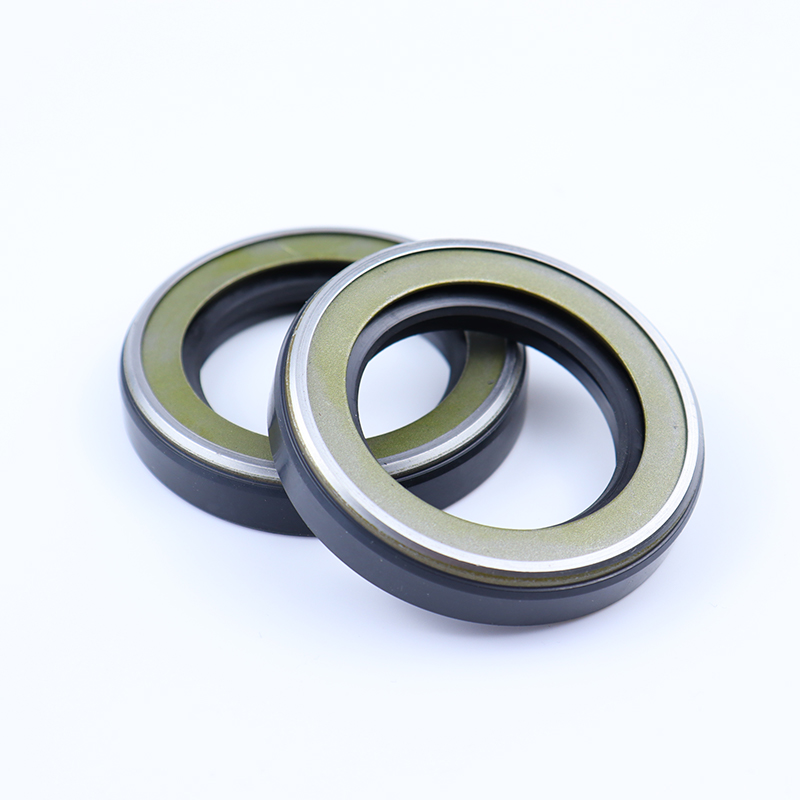-
 Afrikaans
Afrikaans -
 Albanian
Albanian -
 Amharic
Amharic -
 Arabic
Arabic -
 Armenian
Armenian -
 Azerbaijani
Azerbaijani -
 Basque
Basque -
 Belarusian
Belarusian -
 Bengali
Bengali -
 Bosnian
Bosnian -
 Bulgarian
Bulgarian -
 Catalan
Catalan -
 Cebuano
Cebuano -
 China
China -
 Corsican
Corsican -
 Croatian
Croatian -
 Czech
Czech -
 Danish
Danish -
 Dutch
Dutch -
 English
English -
 Esperanto
Esperanto -
 Estonian
Estonian -
 Finnish
Finnish -
 French
French -
 Frisian
Frisian -
 Galician
Galician -
 Georgian
Georgian -
 German
German -
 Greek
Greek -
 Gujarati
Gujarati -
 Haitian Creole
Haitian Creole -
 hausa
hausa -
 hawaiian
hawaiian -
 Hebrew
Hebrew -
 Hindi
Hindi -
 Miao
Miao -
 Hungarian
Hungarian -
 Icelandic
Icelandic -
 igbo
igbo -
 Indonesian
Indonesian -
 irish
irish -
 Italian
Italian -
 Japanese
Japanese -
 Javanese
Javanese -
 Kannada
Kannada -
 kazakh
kazakh -
 Khmer
Khmer -
 Rwandese
Rwandese -
 Korean
Korean -
 Kurdish
Kurdish -
 Kyrgyz
Kyrgyz -
 Lao
Lao -
 Latin
Latin -
 Latvian
Latvian -
 Lithuanian
Lithuanian -
 Luxembourgish
Luxembourgish -
 Macedonian
Macedonian -
 Malgashi
Malgashi -
 Malay
Malay -
 Malayalam
Malayalam -
 Maltese
Maltese -
 Maori
Maori -
 Marathi
Marathi -
 Mongolian
Mongolian -
 Myanmar
Myanmar -
 Nepali
Nepali -
 Norwegian
Norwegian -
 Norwegian
Norwegian -
 Occitan
Occitan -
 Pashto
Pashto -
 Persian
Persian -
 Polish
Polish -
 Portuguese
Portuguese -
 Punjabi
Punjabi -
 Romanian
Romanian -
 Russian
Russian -
 Samoan
Samoan -
 Scottish Gaelic
Scottish Gaelic -
 Serbian
Serbian -
 Sesotho
Sesotho -
 Shona
Shona -
 Sindhi
Sindhi -
 Sinhala
Sinhala -
 Slovak
Slovak -
 Slovenian
Slovenian -
 Somali
Somali -
 Spanish
Spanish -
 Sundanese
Sundanese -
 Swahili
Swahili -
 Swedish
Swedish -
 Tagalog
Tagalog -
 Tajik
Tajik -
 Tamil
Tamil -
 Tatar
Tatar -
 Telugu
Telugu -
 Thai
Thai -
 Turkish
Turkish -
 Turkmen
Turkmen -
 Ukrainian
Ukrainian -
 Urdu
Urdu -
 Uighur
Uighur -
 Uzbek
Uzbek -
 Vietnamese
Vietnamese -
 Welsh
Welsh -
 Bantu
Bantu -
 Yiddish
Yiddish -
 Yoruba
Yoruba -
 Zulu
Zulu
agricultural fencing net
Agricultural Fencing Nets Enhancing Farm Security and Crop Protection
Agricultural fencing nets play a crucial role in modern farming practices, providing farmers with the means to protect their crops, livestock, and overall agricultural investment. These nets are versatile tools that serve various purposes, ensuring that farming operations are efficient and productive while safeguarding the environment.
One of the primary functions of agricultural fencing nets is to protect crops from wildlife. Animals such as deer, rabbits, and birds can cause significant damage to fields by feasting on fruits and vegetables. With the installation of fencing nets, farmers can create a barrier that deters these unwelcome guests without resorting to harmful chemicals or inhumane traps. This method of protecting crops not only preserves the integrity of the harvest but also supports ecological balance by allowing wildlife to coexist without significant disruptions.
In addition to safeguarding crops, fencing nets are instrumental in managing livestock. Farmers often face challenges in keeping their animals contained within designated areas. Fencing nets provide a reliable solution, allowing livestock to roam freely while preventing them from straying onto roads or neighboring properties. This containment not only protects the animals from potential accidents but also reduces the risk of disputes with neighbors regarding wandering livestock.
agricultural fencing net

Furthermore, the adaptability of agricultural fencing nets is a significant advantage. These nets come in various shapes, sizes, and materials, catering to specific farming needs. For instance, some nets are designed for high tensile strength to withstand harsh weather conditions, while others are lightweight and easy to install, making them ideal for smaller farms or temporary enclosures. The flexibility in choosing the right type of net allows farmers to customize their fencing solutions according to the specific challenges they face.
Environmental sustainability is another critical aspect of using agricultural fencing nets. Unlike traditional fencing methods that may require extensive use of metal or wood, many fencing nets are made from eco-friendly materials. Biodegradable options are available, which minimize waste and reduce the carbon footprint of farming operations. By opting for sustainable materials, farmers can contribute to the preservation of natural resources while effectively managing their agricultural endeavors.
Maintenance is a vital consideration for any farming equipment, and agricultural fencing nets are relatively low-maintenance compared to traditional fencing. They do not require frequent repairs or replacements, and regular inspections can help ensure that they remain in good condition. This ease of maintenance allows farmers to focus more on crop management and livestock health rather than continuously repairing their fencing.
In conclusion, agricultural fencing nets are an indispensable tool for modern farmers. Their ability to protect crops from wildlife, manage livestock, and offer adaptable and environmentally friendly solutions makes them a preferred choice in agricultural management. As the demand for sustainable farming practices continues to grow, the use of fencing nets will likely increase, helping farmers to secure their investments while promoting responsible stewardship of the land. Investing in quality fencing nets is a proactive measure that can lead to more successful farming operations, ensuring food security and environmental preservation for future generations.
-
Shipping Plastic Bags for Every NeedNewsJul.24,2025
-
Safety Netting: Your Shield in ConstructionNewsJul.24,2025
-
Plastic Mesh Netting for Everyday UseNewsJul.24,2025
-
Nylon Netting for Every UseNewsJul.24,2025
-
Mesh Breeder Box for Fish TanksNewsJul.24,2025
-
Expanded Steel Mesh Offers Durable VersatilityNewsJul.24,2025











